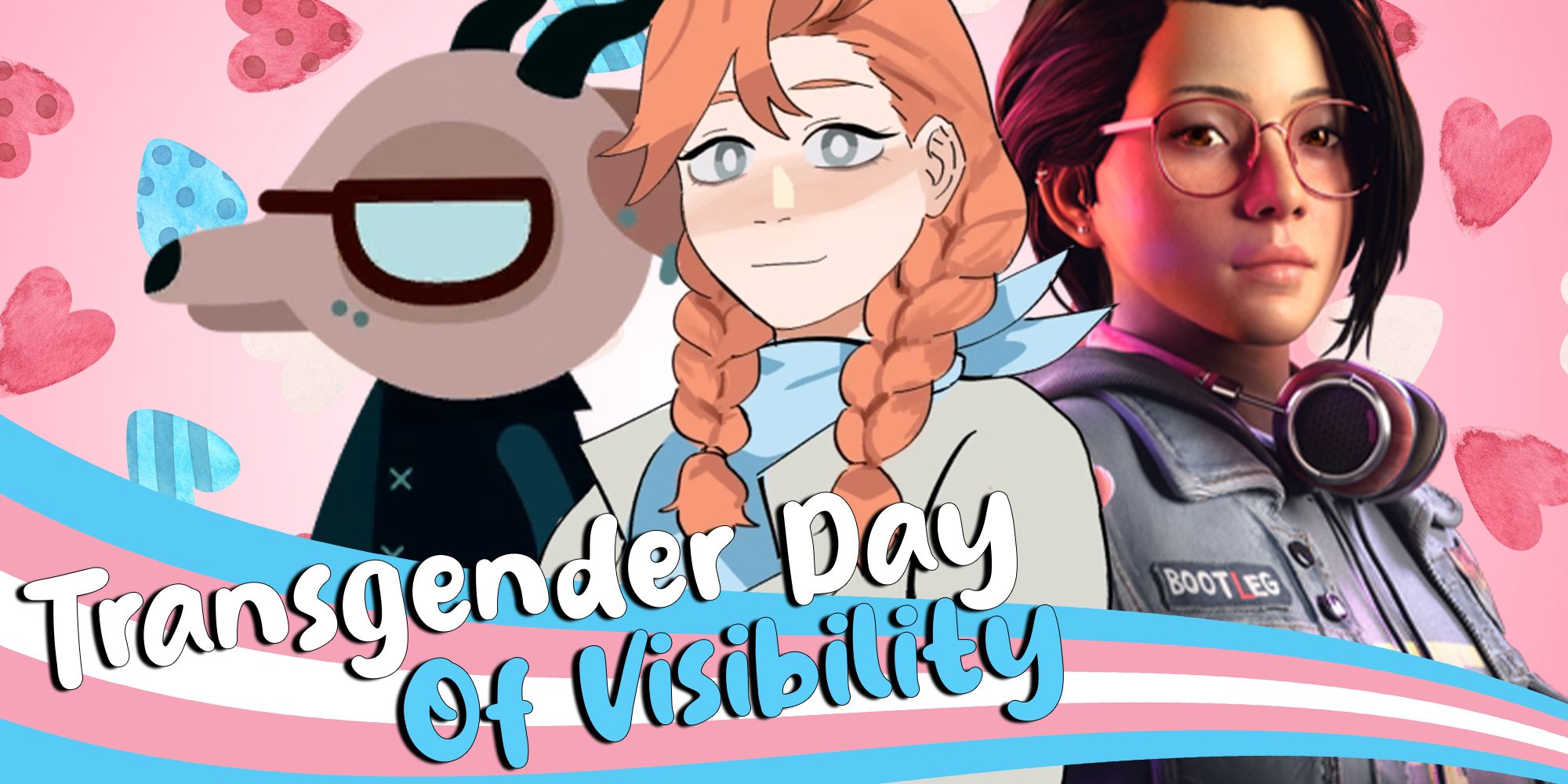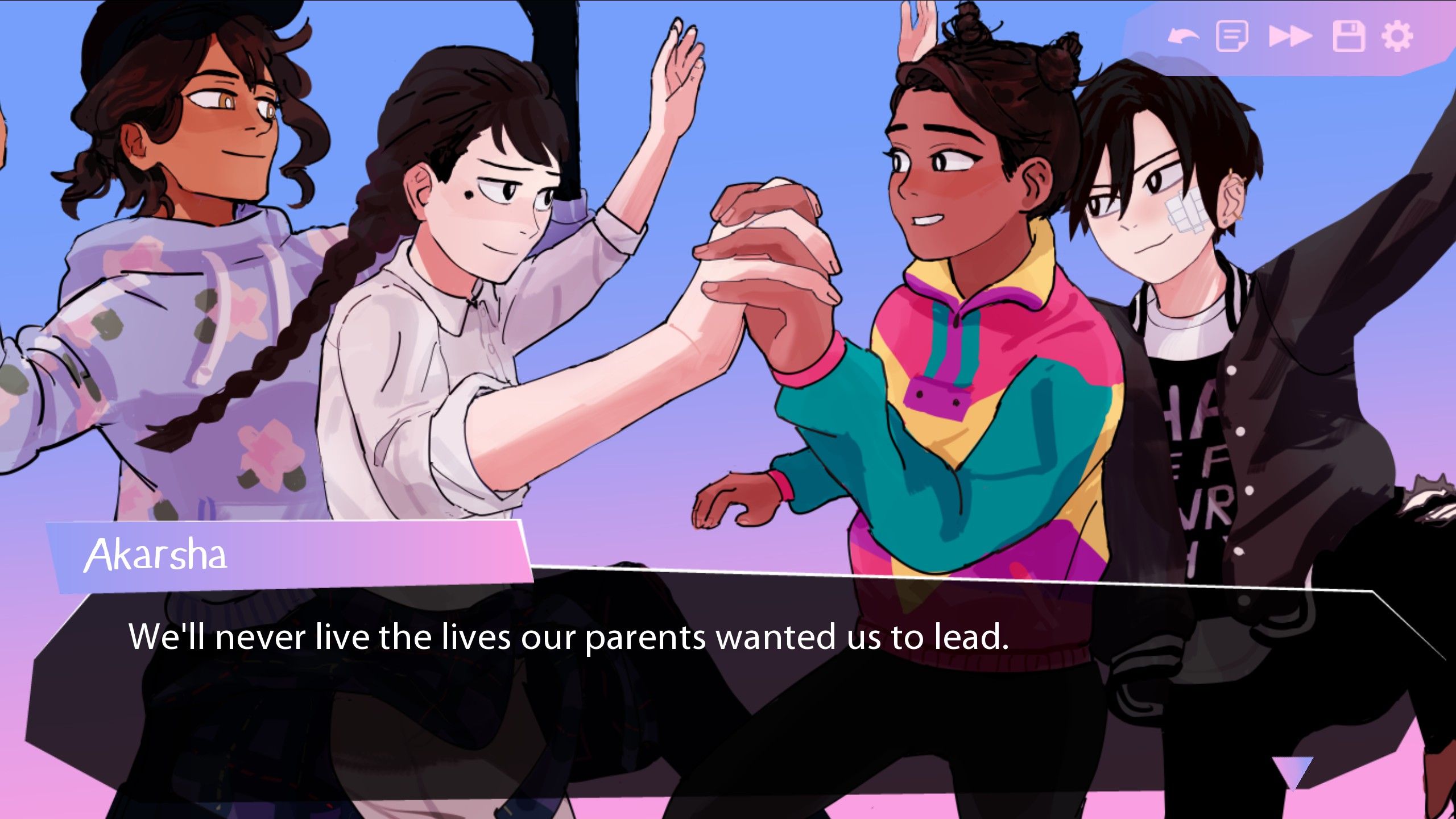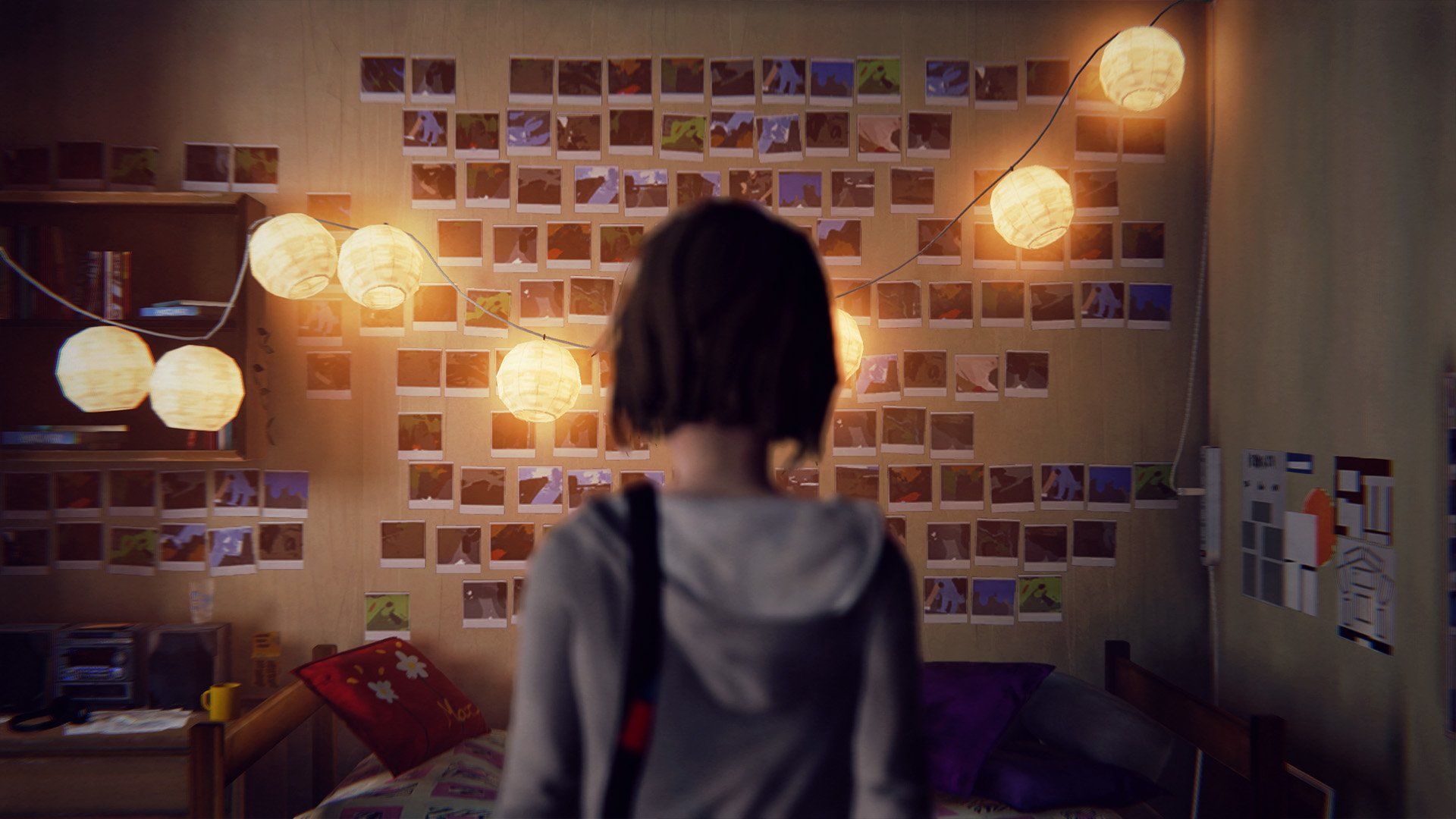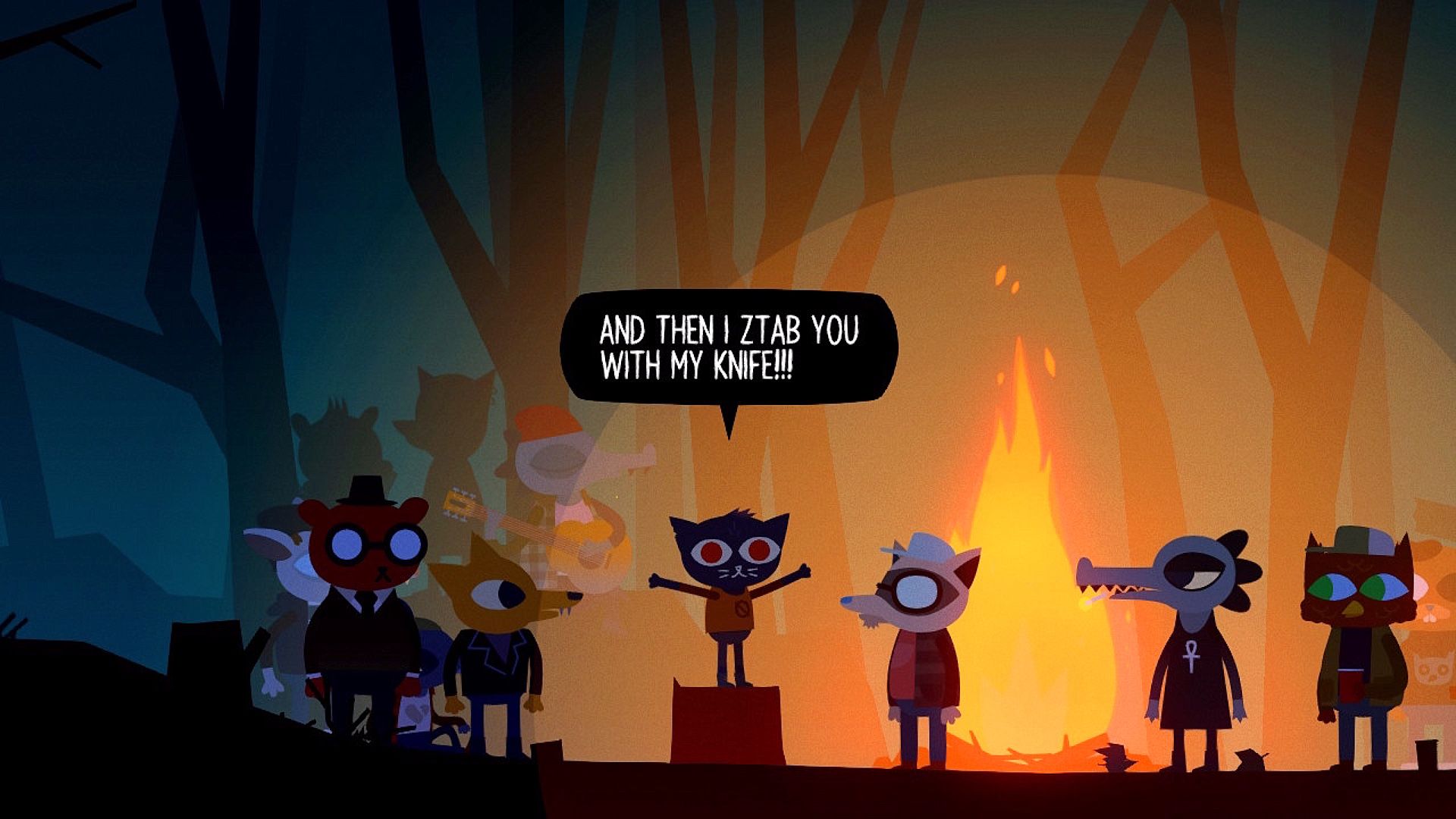Years before I came out as transgender, I remember trying on female clothing in games like Stardew Valley and everything feeling right. While I couldn’t put my finger on exactly why, the small mess of pixels I’d created that walked around the screen with an adorable skirt and matching blouse was a loose representation of me, or at least the person I hadn’t quite acknowledged in my own head. Similar feelings surfaced when playing Life is Strange, with the mundane trials and tribulations of a college student mirroring my own, except from a different gender perspective and with far more time travel. This pixelated imagined reflection made me envious, like the little things I’d always wanted to experience, but knew I never could, were right there on the screen.
This reflects all the mundane joy that comes from transitioning. Friends and family using the correct pronouns or adjusting to a new name that feels just right might seem a small thing to cis people, but to us, it positions our existence in a place of euphoria we’ve never felt before. I can’t describe how even now, after a few years on hormones and the daunting prospect of major surgery on the horizon, I’ll never grow tired of people I love and wider society viewing my existence with a sense of normalcy. That’s all I want, and precisely why reclaiming parts of life once thought lost forever through video games is a pastime well worth celebrating.
I could run down countless games in which I’ve had experiences like this, but for today I’d love to breeze across three that continue to stick in my memory - Butterfly Soup, Life is Strange, and Night in the Woods. They are all somewhat suburban and understated, but hide within them profound examples of the everyday we frequently take for granted.
Butterfly Soup is a visual novel from Brianna Lei that’s simply about a bunch of dorky Asian-American teenagers being teenagers. They join a baseball team, deal with generational trauma, and eventually embrace their own queerness - but the majority of your time is spent living the mundane lives of normal people. I played the first game before I came out, as one of many pebbles thrown at my glass closet from the inside. I wanted to be these characters, and couldn’t stop empathising with their struggles in spite of their banality. All teenagers have families who don’t understand them and silly emotional contrivances that seem like the end of the world, but trans people are so caught up in their own uncertain identities that there is seldom time for these moments that, looking back, are sources of nostalgic beauty. You consider it the end of the world in the moment, but all these years later I’d do anything to have it back. If I ever had it in the first place.
Nothing monumental happens in Butterfly Soup nor its sequel, we are merely treated to meagre snapshots in the lives of each character. Across their tales, we are asked to make decisions that not only reflect how they’d act in the moment, but also perhaps how we view our own families and culture, reflecting on the climate we grew up in and what baggage we still carry with us. Some characters hide their queerness in fear of retaliation, while others are more open and less doubtful of repercussions. To be in the company of other queer women and indulge in conversations that I never had a chance to treasure, is a fantasy that video games likely never intended to provide, yet it still feels right as a trans woman to reclaim them like this.
Life is Strange came out during my first year of university when I was cramped up in halls with a bunch of housemates I had no time for. They were nice enough, but I was an awkward ball of anxiety who inadvertently shut others out. It was a consequence of my own insecurity, a harsh part of my identity that still hasn’t faded away now, but transitioning has helped contextualise past behaviours in ways that actually make sense. Max Caulfield was an awkward college student too, but she still took pride in her creative passions and stood by friends in the midst of uncovering her identity. I know several friends who consider Life is Strange to be a major touchstone in their journey of queer discovery because it helped pioneer so many new ideas.
Max eventually found herself swept up in a conspiracy and could control time, but so much of Life is Strange is otherwise spent just being a normal girl. The player is free to explore campus and strike up conversations with people, some of whom are close friends while others are little more than distant acquaintances. The fact you have the option to waste time living in the moment, trying to function as a young woman with all the unfair societal expectations that position carries, was so appealing to me. Not because I desperately wanted to be in that position or mourn something unfairly taken away, but because it’s fascinating to ponder what could have been, and how video games provide that freedom to approach identity and compare it to our real world.
Night in The Woods is similar in its passive execution. It’s a game about a college dropout called Mae who returns to her childhood home and has to find purpose in life all over again. She is ashamed of her failure, worried about the deteriorating state of her town, and how the friends she used to rely on before everything changed haven’t flown the nest much at all. As a result of losses in the family and a bunch of other bullshit, an opportunity to revisit where I grew up from the perspective of my continued transition was never possible, even if the act of doing so wouldn’t be all that exciting. That’s the entire point, though. To revisit all of your old stomping grounds as the person you were always meant to be, meeting old faces and new changes with equal parts curiosity and scepticism.
Few mediums can put you in the shoes of a character like this and make you empathise with them so profoundly, forming questions about your own sense of self whether you realise it or not. I always did, and each and every time I was more than happy to welcome it. As I grow further into adulthood and continue to embrace my trans identity, knowing that games can act as flashbacks to times in my life that never existed, yet have the agency to convince they easily could have and might still, is something I value so much. You'd be surprised how much internal grief is associated with being trans, and this makes it that much easier to confront.




